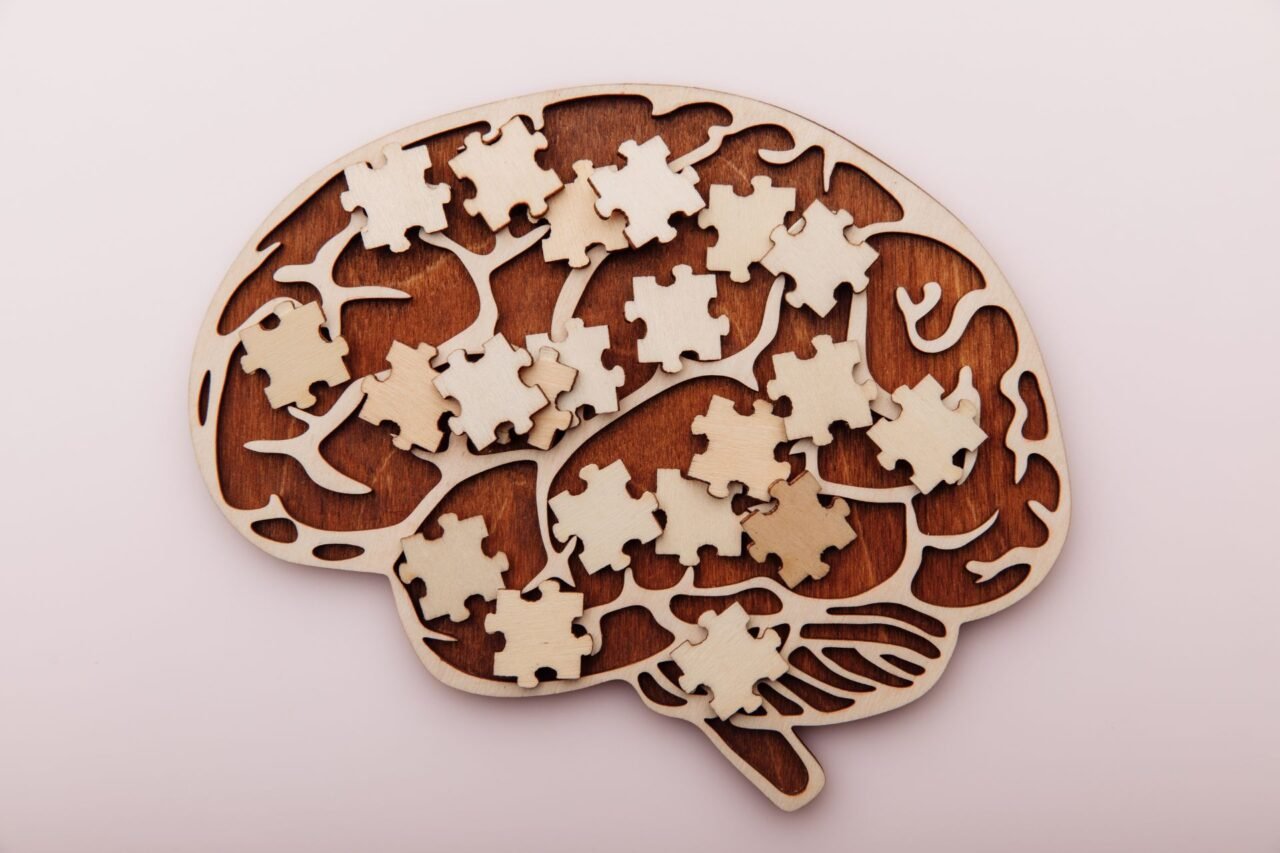Science
Neuroscientist Explores Memory Manipulation in New Book

Memories shape our identities and experiences, but recent advancements in neuroscience suggest they are more malleable than previously understood. In his upcoming book, How to Change a Memory: One Neuroscientist’s Quest to Alter the Past, Steve Ramirez delves into this intriguing field, exploring the potential to manipulate memories for therapeutic benefits. The book is set to be published by Princeton University Press on November 4, 2023.
Over the past few decades, research has demonstrated that memories are not static. Instead, they can be altered each time we recall them, influenced by a range of factors, including our emotional state. This fluidity can lead to the creation of false memories, which have been implicated in wrongful convictions and moral panics. Yet, Ramirez and other neuroscientists are investigating the possibility of harnessing this malleability for positive outcomes.
The journey for Ramirez began during his time as a PhD student at Massachusetts Institute of Technology (MIT). In collaboration with his late mentor and friend, Xu Liu, he conducted groundbreaking research that showed it is possible to implant false memories in mice. In the book, Ramirez reflects on the personal and professional impacts of this research while navigating the ethical implications of memory manipulation.
In a recent conversation with journalist Ed Cara from Gizmodo, Ramirez discussed the evolution of memory science and the new possibilities that have emerged. He noted, “What started as one paper and one poster with Xu and I has turned into so much more,” highlighting the rapid expansion of the field in just over a decade. Conferences now attract hundreds of researchers exploring techniques to manipulate memory engrams, the physical traces of memories in the brain.
As the field progresses, potential therapeutic applications are becoming clearer. Researchers are working to restore lost memories due to conditions like Alzheimer’s disease and to activate positive memories in patients dealing with depression and anxiety. This opens the door to significant advancements in mental health treatment.
Despite the exciting prospects, concerns remain regarding the ethical use of memory manipulation. Ramirez emphasized the importance of maintaining a transparent dialogue among scientists and the public to ensure responsible research practices. He urges that the goal of memory manipulation should focus on promoting well-being rather than exploiting memories for nefarious purposes.
Ramirez’s optimism about memory science stems from his respect for its complexities and potential. He believes that through shared experiences and memories, individuals can connect more deeply with one another. “When I hear from people who are in recovery, those are underpinned by everyone’s memories and lived experiences,” he stated, emphasizing the human element behind scientific endeavors.
The book not only bridges the gap between scientific discovery and personal narrative, but it also aims to foster a deeper appreciation for the nature of memory. Readers are invited to explore their own memories and the connections they create, potentially leading to greater empathy and understanding among individuals.
In closing, Ramirez hopes that his work will encourage readers to recognize the power of memory as both a personal and collective experience. He underscores that while memories can shape our identities, they can also serve as a foundation for healing and connection.
As the release date approaches, How to Change a Memory promises to be a thought-provoking exploration of the intersection between memory, science, and the human experience.
-

 Science2 weeks ago
Science2 weeks agoIROS 2025 to Showcase Cutting-Edge Robotics Innovations in China
-

 Politics2 weeks ago
Politics2 weeks agoJudge Considers Dismissal of Chelsea Housing Case Citing AI Flaws
-

 Lifestyle2 weeks ago
Lifestyle2 weeks agoStone Island’s Logo Worn by Extremists Sparks Brand Dilemma
-

 World3 weeks ago
World3 weeks agoBravo Company Veterans Honored with Bronze Medals After 56 Years
-

 Health2 weeks ago
Health2 weeks agoStartup Liberate Bio Secures $31 Million for Next-Gen Therapies
-

 Health3 weeks ago
Health3 weeks agoTop Hyaluronic Acid Serums for Radiant Skin in 2025
-

 Top Stories2 weeks ago
Top Stories2 weeks agoIndonesia Suspends 27,000 Bank Accounts in Online Gambling Crackdown
-

 Sports3 weeks ago
Sports3 weeks agoMel Kiper Jr. Reveals Top 25 Prospects for 2026 NFL Draft
-

 World2 weeks ago
World2 weeks agoHoneywell Predicts Record Demand for Business Jets Over Next Decade
-

 Lifestyle3 weeks ago
Lifestyle3 weeks agoMary Morgan Jackson Crowned Little Miss National Peanut Festival 2025
-

 Sports2 weeks ago
Sports2 weeks agoYamamoto’s Mastery Leads Dodgers to 5-1 Victory in NLCS Game 2
-

 Science3 weeks ago
Science3 weeks agoArizona State University Transforms Programming Education Approach









